Consumer spending increased 0.4% in July, adjusted for inflation. This follows solid gains in May and June.
The rise helped boost second-quarter GDP growth to 3%. However, economists warn this trend may not be sustainable.
Retailers Lure Shoppers with Discounts and Promotion
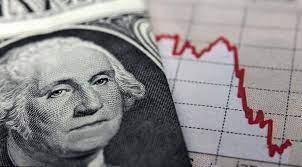
Businesses spent the summer offering deals to attract cost-conscious consumers. Their strategy paid off, driving up sales.
This approach helped maintain spending levels. But it may have left consumers more financially vulnerable.
Personal Savings Rate Hits Two-Year Low
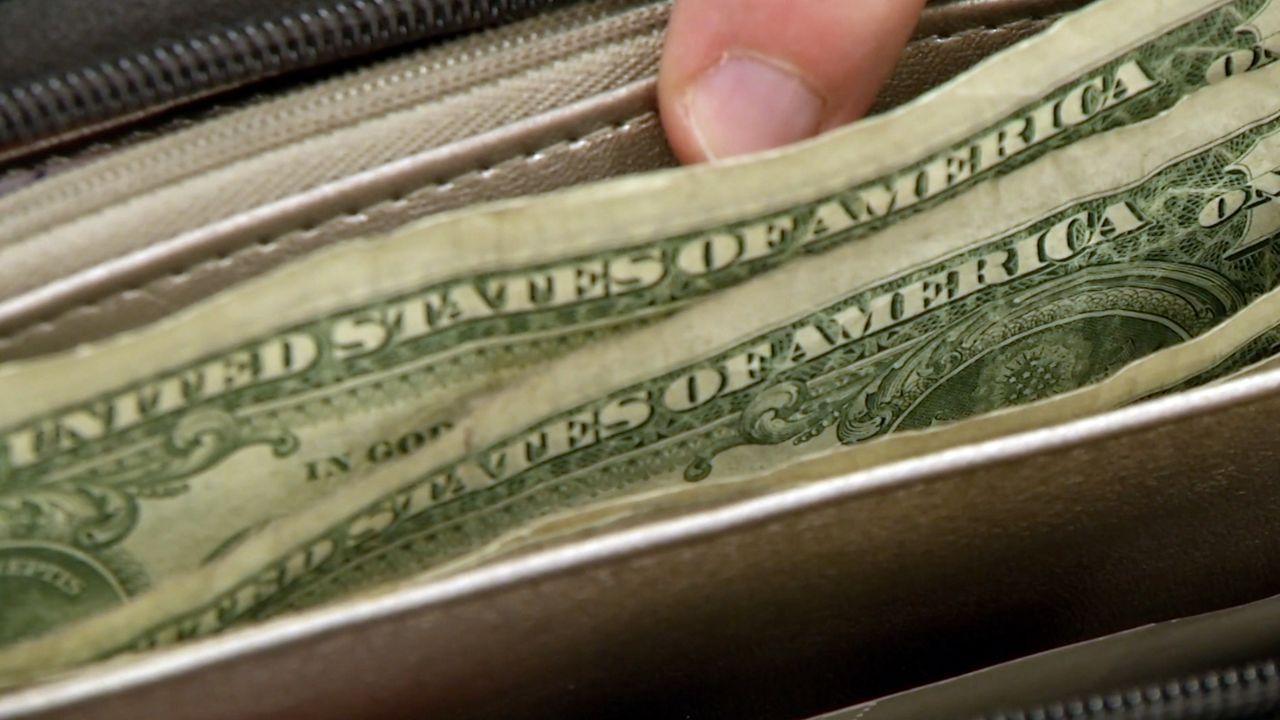
The U.S. personal savings rate dropped to 2.9% in July. This marks a two-year low for the metric.
It’s down from 3.4% in June. The decline suggests consumers are dipping into savings to maintain spending habits.
Labor Market Shows Signs of Cooling Off

Job postings were down 12% year-over-year in August. Long-term unemployment has increased in recent months.
Employees are losing leverage in the job market. These factors could lead to reduced consumer spending power.
Younger Workers and Low-Income Households Feel Squeeze
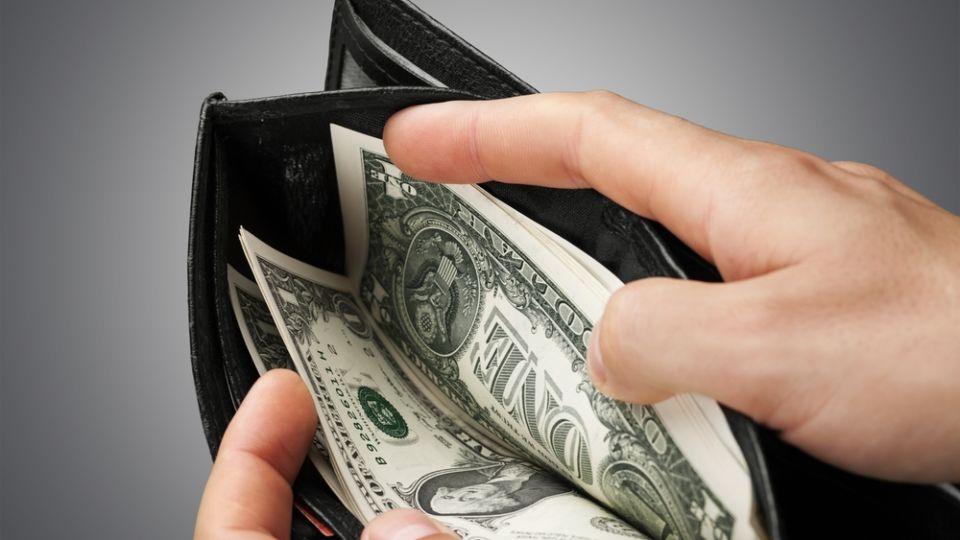
Higher borrowing costs are impacting certain groups more severely. Young workers and low-income households are particularly affected.
They’re facing financial pressure from multiple angles. This could lead to reduced spending in these demographics.
Economists Predict Gradual Decline in Consumer Spending
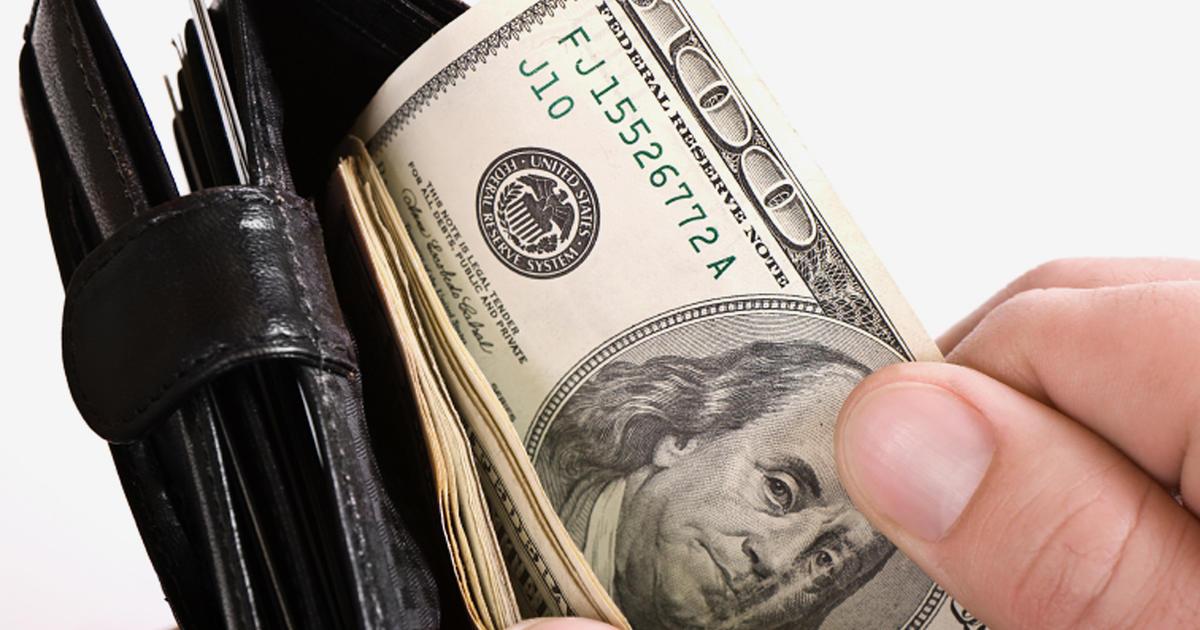
Experts anticipate a slowdown in consumer spending growth. They don’t expect an immediate, sharp contraction.
Instead, they foresee a gradual decline. This could lead to slower economic growth overall.
Federal Reserve Rate Cuts May Offer Relief

The Federal Reserve is expected to cut interest rates. This move could provide some relief to consumers.
Lower rates typically make borrowing more affordable. Economists predict this could help spending pick up again by mid-2025.
GDP Growth Expected to Slow in Q3

Analysts forecast real GDP growth around 2% for Q3. This is lower than the 3% seen in Q2.
The slowdown is attributed to expected reductions in consumer spending. However, it still represents positive economic growth.
Wealth Effect Supported Consumer Spending in 2023

Higher home values and investment portfolios boosted spending. This “wealth effect” gave consumers confidence to spend more.
It helped offset other economic pressures. However, its impact may diminish if asset values decline.
Recession Fears Linger Despite Continued Spending
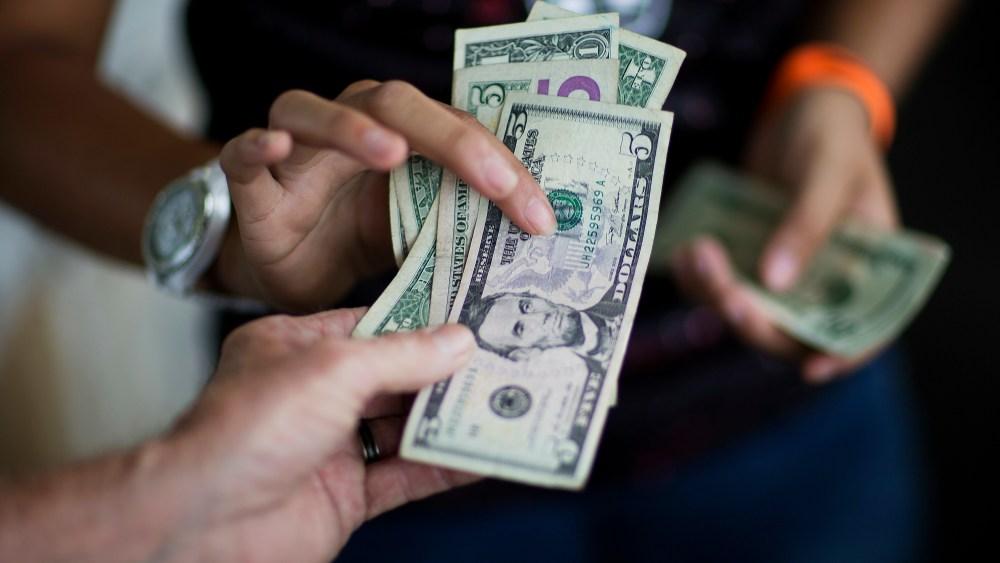
Economists remain cautious about recession possibilities. They note that consumer spending is key to avoiding a downturn.
As long as the job market remains stable, a recession may be averted. However, the situation requires ongoing monitoring.


